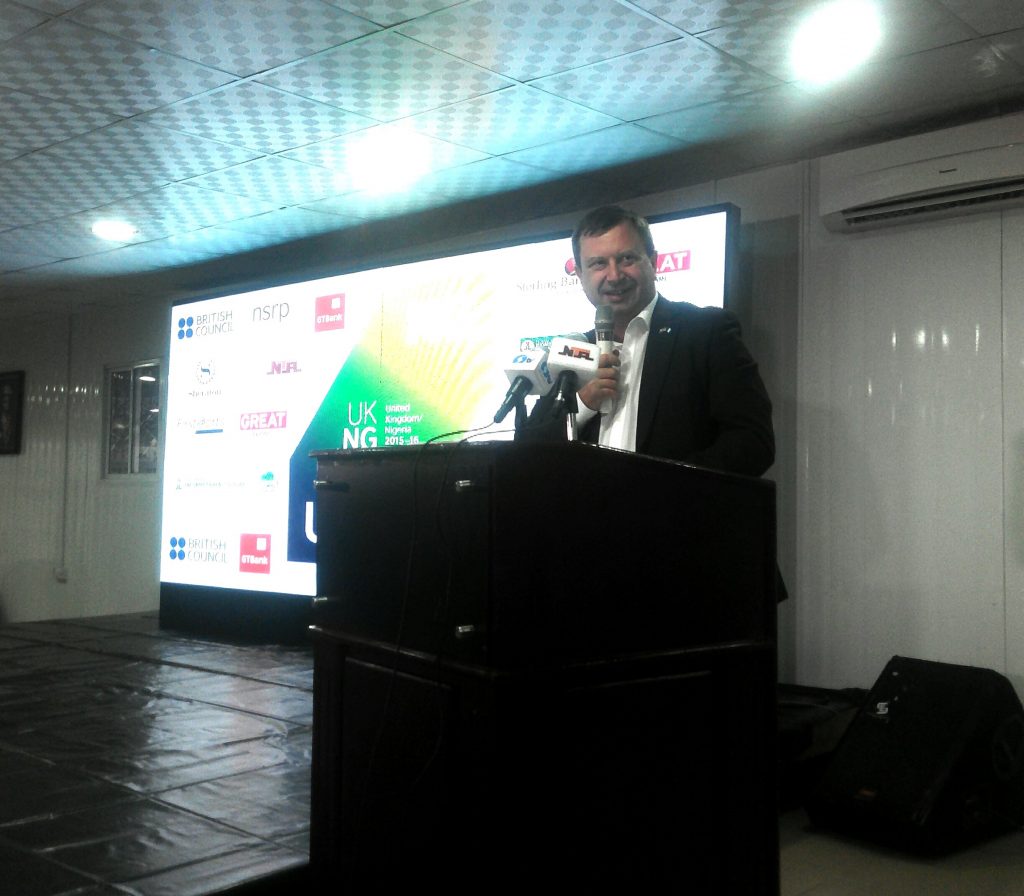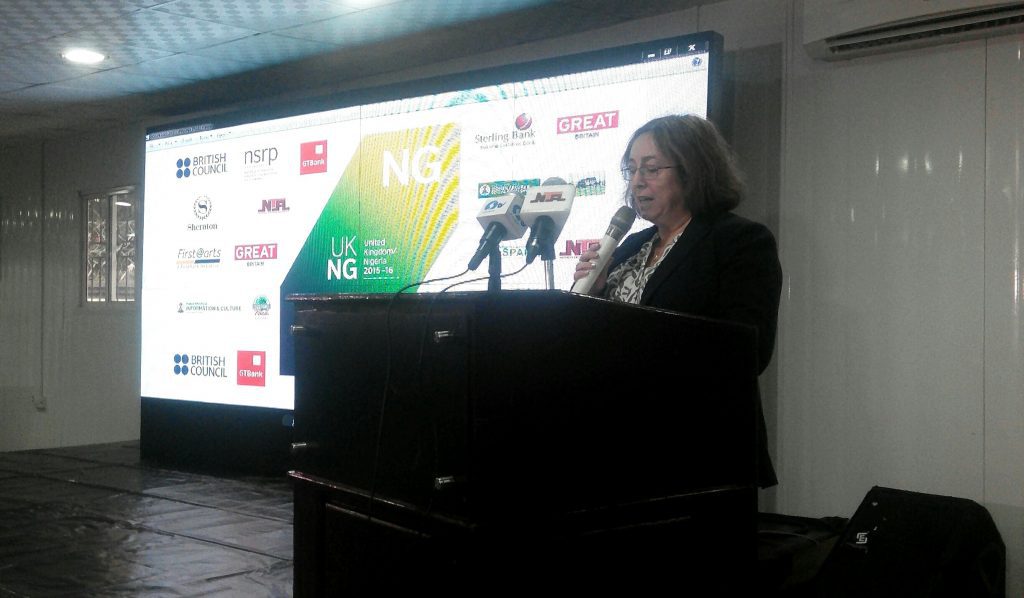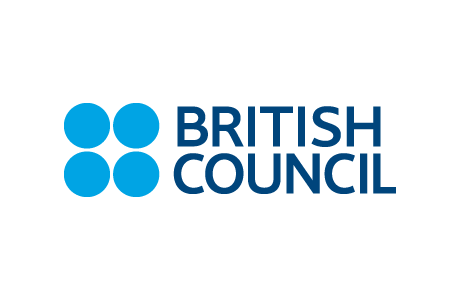The British Council – the UK’s international organisation for cultural relations and educational opportunities – today organised a reception to mark the formal closure of the UK/Nigeria 2015-16.

Abuja, the beautiful capital of Nigeria played host to the closing reception which saw the gathering of top government officials including the Honourable Minister of Information and Culture, Alhaji Lai Mohammed ably represented by Mrs Grace Isu Gekpe, Permanent Secretary, Federal Ministry of Arts & Culture, notable practitioners in the creative industry and the crème of the diplomatic corps including the British High Commissioner to Nigeria, His Excellency, Mr. Paul Arkwright.
According to Connie Price, Country Director, British Council, while sharing the testimonials of the 2015/2016 programmes said “it is important to note that, some of the projects that stood out for me are the ones featured the disable and non-disable artists with the spectacular dance at the public park in Lagos and the “Go, Women Go”, a project in partnerships with Federal Ministry of Women Affairs and Nike Art Gallery”.
The UK/Nigeria 2015-16 programme was the first of its kind in West Africa organised by British Council. It had 3 main goals including the fostering of Innovation – which focused on building digital, technical and entrepreneurial skills and promoting creation of new work by young people in new, non-traditional arts spaces; Increasing access to the arts focused on presenting art in public spaces to promote community engagement with arts and culture. It also built capacity and relationships to stimulate artistic collaborations between Nigeria and the United Kingdom.
The programme engaged young Nigerians (aged 18 – 35) by building new audiences for UK and Nigerian arts and culture and ran from

September 2015 to March 2017 in several cities across Nigeria including Lagos, Calabar, Abuja, Kaduna, Abeokuta and Jos, and in the UK in London, Glasgow, Edinburgh, Belfast, Cardiff and Brighton.
With 79 UK and Nigerian partners involved in collaborations facilitated by the programme, over 199,032,000 people were reached face-to-face, online and through broadcast channels, 179 policy makers attended various conferences, seminars, workshops and events, 7,135 artists and creative entrepreneurs were trained, and 25 people were awarded grants through the programme.
The immediate outcomes of the programme – new collaborations & stronger understanding between UK and Nigerian Creatives, better skilled artists and young people, more audience for the arts – are evidenced by testimonials of participants and beneficiaries of the programme during the closing reception. The UK/Nigeria 2015-16 Arts & Culture programme was no doubt one of the most audacious programmes in the arts landscape of Nigeria in recent times after the renowned Festival of Arts and Culture held in Nigeria in 1977 (FESTAC).
UK/Nigeria 2015-16 also helped facilitate the signing of a Memorandum of Understanding between the Nigerian and British Governments meant to act as a catalyst for transforming the creative industries into a creative economy. Under the MoU, the British Council is expected to use its capacity, business knowledge, network and technical expertise to drive this development and transformation.
The highpoint of the closing reception was a showcase of the impact of the UK/Nigeria 2015-16 programme, testimonials by selected project leads from Lagos, Calabar and Abuja and a presentation of the end of programme report by the UK/Nigeria 2015-16 Programme Director and British Council Head of Arts West Africa, Ojoma Ochai.
